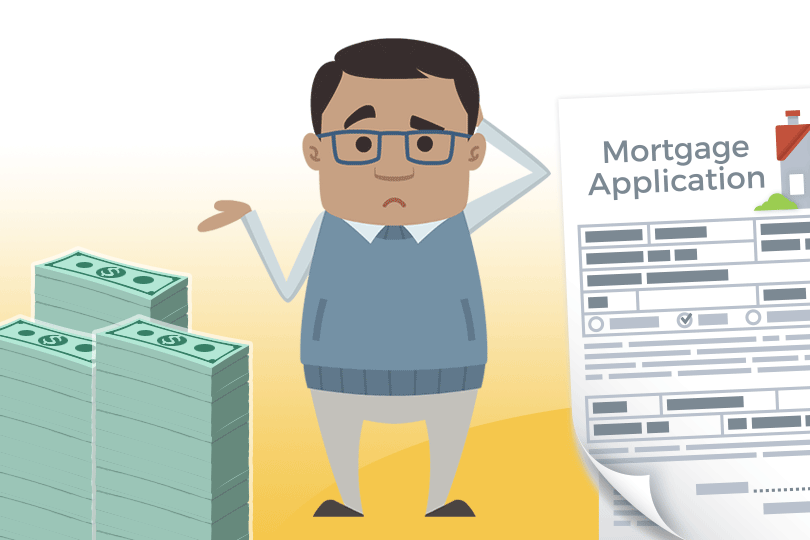FHA Loan Has Strict Rules for Rentals
August 3, 2023
Owner-Occupancy Requirement
FHA loans require borrowers to certify that they intend to occupy the property as their primary residence. This means that the borrower must live in the home as their main place of residence for a significant portion of the year. FHA loans are not intended for investors or for purchasing vacation homes or second homes.
One-Year Occupancy Requirement
FHA borrowers are generally required to occupy the property they purchase for at least one year after the loan's origination. Attempting to use this to purchase a property with the intent to rent it out immediately would likely be considered a violation of the loan terms.
Exceptions for Multi-Unit Properties
FHA loans can be used to purchase multi-unit properties (up to four units) under specific conditions. In the case of multi-unit properties, the borrower must live in one of the units as their primary residence for at least one year. The borrower can rent out the remaining units to tenants after meeting the owner-occupancy requirement. FHA borrowers must also meet certain financial qualifications to ensure they can handle the responsibilities of being a landlord.
Rental Income Considerations
FHA lenders may consider rental income from the property when evaluating a borrower's ability to qualify for the loan. Rental income can be used to offset the borrower's housing expenses and may help them meet debt-to-income ratio requirements.
Refinancing Rental Properties
FHA loans can be used to refinance existing rental properties under certain conditions.
The borrower must provide evidence of their current rental income and meet FHA requirements for creditworthiness and financial stability.
Intent to Defraud
Attempting to deceive the FHA or the lender by falsely certifying owner occupancy when the borrower intends to use the property as a rental or investment property can lead to severe consequences, including the potential for legal action.
It's essential to be transparent and honest with your lender when applying for an FHA loan. If your intention is to use the property as a rental or investment, you should explore other loan options specifically designed for such purposes, such as conventional investment property loans or commercial real estate financing. Violating FHA owner-occupancy rules can result in the loan being called due in full or other legal consequences. Always consult with a qualified mortgage professional to understand the specific requirements and options available to you based on your real estate goals.
------------------------------
RELATED VIDEOS:
Sometimes It Pays to Refinance
Don't Forget Your Closing Checklist
Monthly Payments Establish Good Credit

FHA Loan Articles
December 17, 2024The Federal Housing Administration provides mortgage insurance on loans made by FHA-approved lenders, making homeownership more attainable for those who might not qualify for conventional loans.
While financial factors like credit score and debt-to-income ratio are key to loan approval, other non-financial aspects can also cause a denial.
December 11, 2024FHA loans, insured by the Federal Housing Administration, are a popular choice for many homebuyers, especially those who need a lower downpayment or more forgiving credit qualifying requirements. FHA loans are primarily intended for primary residences—homes that borrowers will occupy as their main dwelling.
December 10, 2024The FHA announced increased loan limits for 2025, providing those seeking FHA-insured mortgages after January 1st with increased purchasing power. In this article, we explore the key aspects of these limits and their implications for your homeownership goals.
When you are approved for an FHA-insured loan, the FHA guarantees a portion of the loan to the lender, lowering lender risk...
December 9, 2024The Federal Housing Administration (FHA) helps people buy homes, especially those buying for the first time or who might not have perfect credit. In 2025, there is good news for FHA borrowers. FHA home loan limits are going up.
In most places, the FHA loan limit for a single-family home in 2025 is $524,225. This is more than it was in 2024. However, in expensive areas, where houses cost more, the limit can be as high as $1,209,750.
December 5, 2024The Federal Housing Administration (FHA) has some ground rules regarding cash-out refinances. These rules are designed to protect both you and the lender, ensuring you have enough ownership of your home and reducing the risk of foreclosure. How long must you own your home before you can apply for FHA cash-out refinancing?







